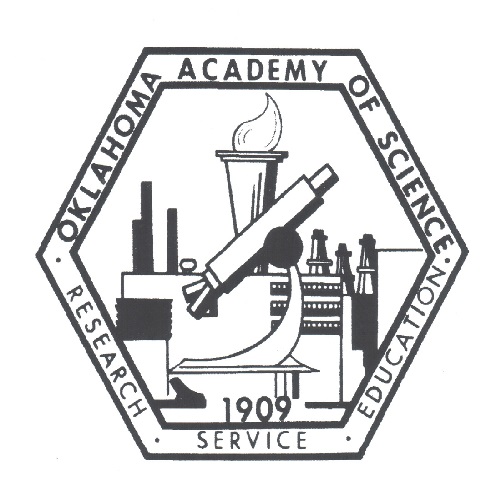Characterization of Mycobacteriophage Fulbright isolated from Oklahoma soil
Main Article Content
Abstract
Increasingly unsuccessful antibiotic remedies against emerging drug resistant bacteria make research on alternative treatments paramount. In this project, we characterized the mycobacteriophage Fulbright, evaluated the phage’s efficacy against M. smegmatis and M. abscessus, and explored the possibility of using it for phage therapy applications. We found that Fulbright is stable at pH range 4-9 and temperatures ranging 20-60°C. We observed a 90-minute latent period and a lytic burst plateau 3 h after adsorption. We observed that Fulbright can infect M. abscessus at a concentration of 1x109 PFU/mL and higher, but loses efficacy at concentrations lower than 1x109 PFU/mL. In an effort to demonstrate the feasibility of using mycobacteriophage Fulbright in phage therapy applications, we electrospun Fulbright with polycaprolactone (PCL) nanofiber to serve as a model wound dressing and observed PCL_Fulbright successfully infecting M. smegmatis.
